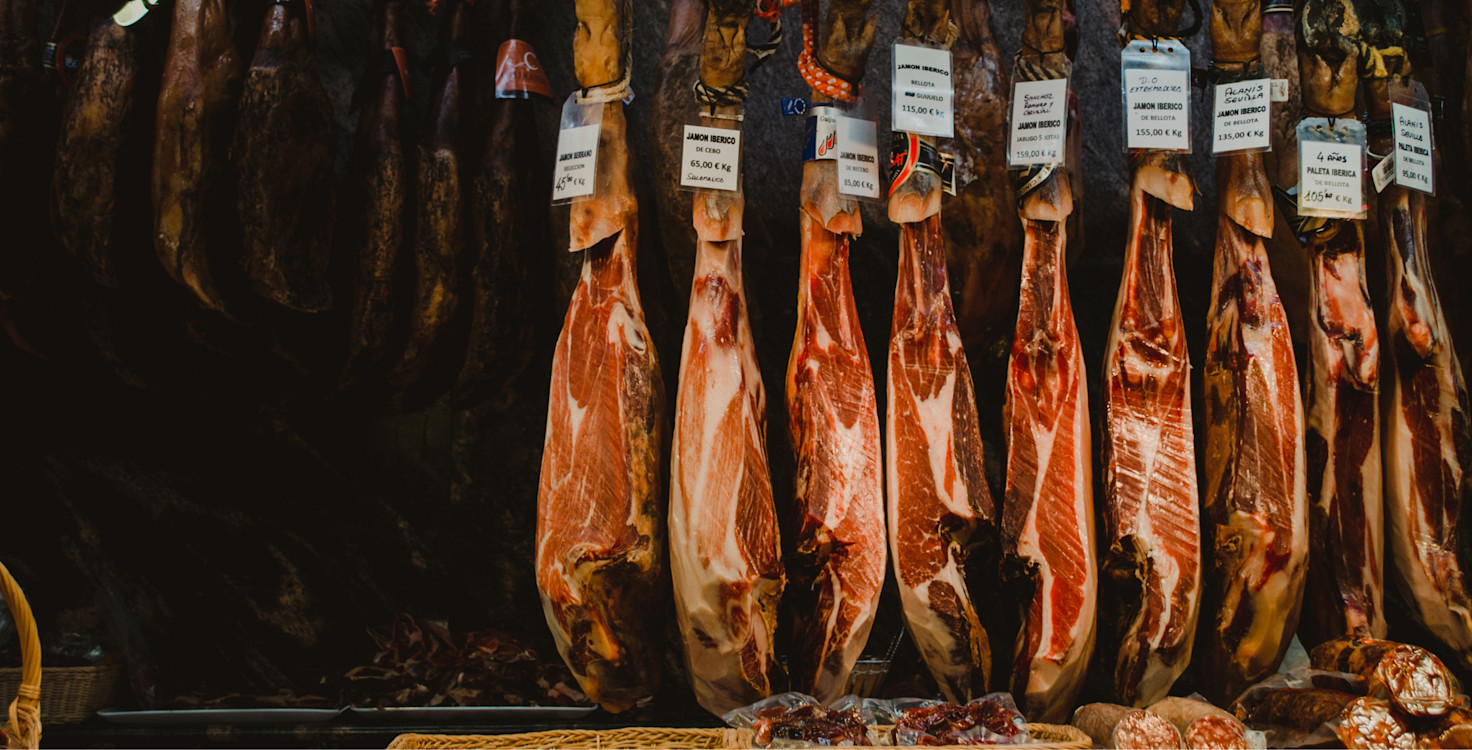An EU-wide meat tax is unlikely in the short term, but momentum is clearly building in European capitals
Earlier this month a group of MEPs discussed the merits of implementing an EU-wide tax on meat in order to achieve health and environmental goals. Hosted by Bas Eickhout (vice-chair of the Greens) and Mohammed Chahim (Social Democrat MEP), the parliamentarians discussed proposals from the Dutch TAPP Coalition to align food prices with the goals of the European Green New Deal.
The rationale for such a move is clear. In recent years it has become widely known that Europeans’ excessive consumption of meat contributes to health problems like heart disease and cancer, and is a major driver of deforestation and climate change. As we argued in The Livestock Levy, all of this makes it likely that governments will at some point begin taxing meat in the same way that many have done with alcohol, tobacco and sugar.
It’s a simple idea, but one which leaves many questions unanswered. What level of tax is appropriate? Would it push consumers towards buying cheaper and even more unhealthy types of meat? What would happen to the farming industry? And would the tax unfairly punish poorer families?
That’s where TAPP come in. This coalition of health, environment and animal welfare organisations has calculated a taxation system that would take account of the ‘true costs’ (eg healthcare costs) of meat production and consumption. Importantly, they also advance a model for distributing the revenues in ways that would address the above challenges.
TAPP proposes that the 27 EU countries place a minimum tax on meat of €1 per kilogram between 2023 and 2025. By 2030, this would rise to €4.77 per kg for beef or veal, €3.61/kg for pork and €1.73/kg for chicken, reflecting the different health and environmental costs of different types of meat.
TAPP argue these charges could reduce EU consumption of beef by 67%, pork by 57% and chicken by 30% by 2030, cutting Europe’s carbon dioxide emissions by up to 120 million tons a year, nearly 3% of all EU greenhouse gas emissions.
The tax would also raise €32 billion a year in revenue for EU governments. TAPP suggest that approximately €12 bn of this should be used to compensate farmers and help them adapt to plant-based agriculture. Around €10 bn would be used to subsidise fruits and vegetables, lowering the cost to consumers of healthy foods, while €6bn would be spent on support for low-income households, preventing a punitive effect of new taxes on the poorest in society. Finally, €4bn would be used for agricultural transformation in developing countries.
Their proposals are already popular in the Netherlands, where a national version has been endorsed by over 40 professors, economists and CEO’s, as well supported by 63% of the population in a national poll. The Dutch Minister of Finance, Menno Snel, has even pledged to include a fair meat price proposal in his recommendations to reform the fiscal system after the next election in March 2021.
Now TAPP’s European proposals are generating support in Brussels. Sabine Jülicher, the lead author of the European Commission’s upcoming Farm to Fork Strategy said, ’This is a very interesting thought. Many food products are not priced right… We need to make the sustainable & healthy choice the mainstream choice”. Lukas Visek, a member of Commission vice-president Frans Timmerman’s cabinet, described the “unique momentum now with the EU Green Deal” to bring such proposals into mainstream policy discussions.
But that momentum is unlikely to be enough to make TAPP’s proposal a reality any time soon. To avoid giving an unfair price advantage to non-European meat, an EU tax would have to also apply to international meat entering the union. If implemented, this would cause serious friction with trading partners; indeed the US Commerce Secretary, Wilbur Ross, has already made it clear that the Trump Administration would retaliate against any EU carbon tax that introduced new costs on American exporters.
Even Bas Eickhout, the Dutch Green MEP who chaired TAPP’s event at the Parliament, admitted that the chance of an EU-wide meat tax in the short term is “close to zero, if not zero” because EU tax measures require the unanimous approval of all member states. But he said he hoped to see individual EU countries move ahead soon along such lines.
Indeed, several already are. These national conversations are an area we will be studying over the coming months, so keep an eye out for the ‘Update Paper’ to our Livestock Levy report later this Spring, which will reveal the extent of progress towards a meat tax in several countries. The possibility of a meat tax between now and 2050 is also built into our new Climate Transition Risk Tool.
For now, it seems an EU-wide meat tax is unrealistic in the short term. But the idea is unquestionably one whose time has come. And as the costs of meat production and consumption continue to rise, governments may find that the difficulties of implementing such a change are outweighed by the costs of resisting it.
FAIRR insights are written by FAIRR team members and occasionally co-authored with guest contributors. The authors write in their individual capacity and do not necessarily represent the FAIRR view.










